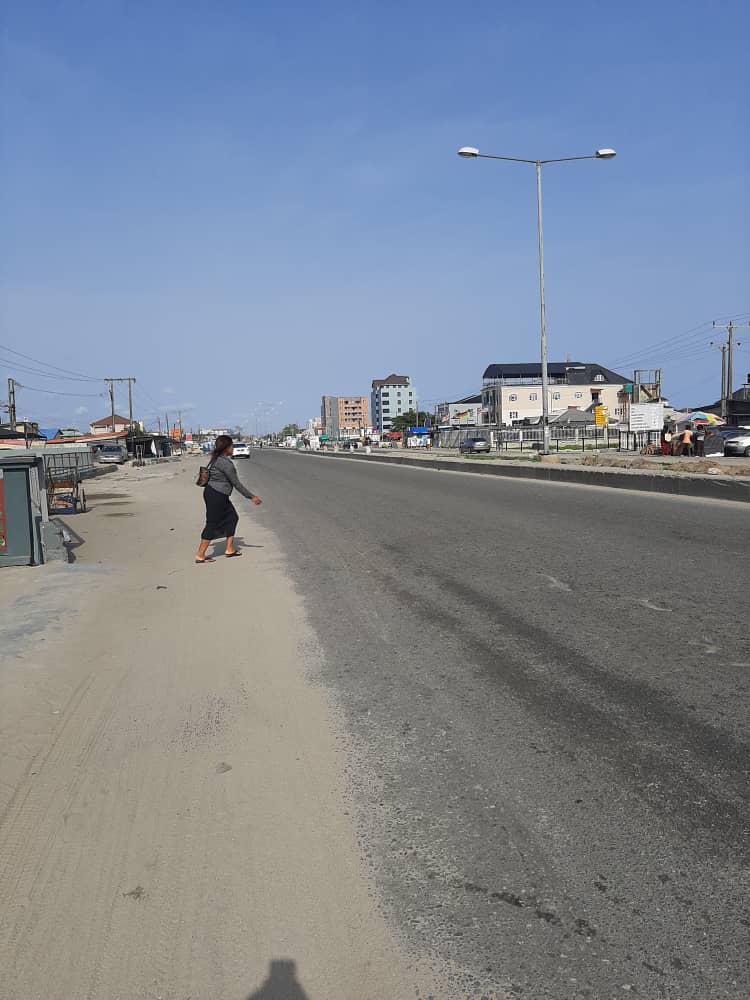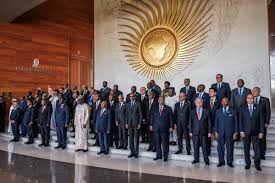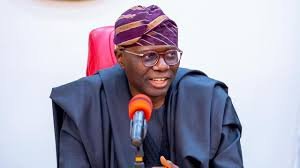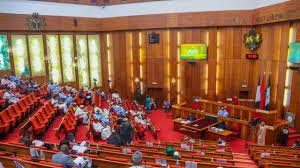It all began on November 17, 2019 when a 55 year old individual from Hubei Province in China was diagnosed to have contracted COVID-19, the disease caused by the new corona virus that is currently ravaging the globe. The colossal losses that corona virus code named COVID-19 has inflicted on the global community are quite terrifying. This explains why for the first time in recent pages of global affairs a particular pandemic is declared a global emergency health challenge by the international community.
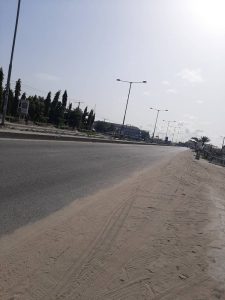
In Nigeria, the first case of Covid-19 was reported on February 27, 2020. The
case was an Italian man who works in Nigeria, who had just returned from Milan, the Italian
capital to Lagos, Nigeria. Mindful of the fact that Lagos is the most crowded city in Nigeria
which makes it a favourable habitat for a pandemic like corona virus to spread very fast; the
government of Lagos state became alert about an imminent spread of the disease.
Consequently, trial measures were put in place to prevent any further spread, perhaps from individuals the Italian citizen came in contact with at his time of arrival into the country (Lagos).
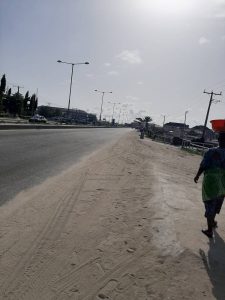
Typical of these measures was the social distancing that people were advised to maintain in their
mingling. As if this was not enough, other measures were introduced by the Lagos state
government such as: ban on all gatherings be it social, political, religious and so on (with the
initial pronouncements of not more than 50 persons with no close body contacts), disinfection of
bus stops particularly BRT terminals in the metropolitan. To this effect, schools were forced to
end their academic term (first term) abruptly, churches were shutdown and most business and office working hours were reduced to avoid any situation that might keep
people together for a long time; all because of the fear of Covid-19 infection. From Lagos, the measures to contain the virus began to be replicated elsewhere in some states and subsequently the Federal Government order
of a shutdown of all Federal Universities and Unity schools, and the shutdown of all NYSC
camps that were active during the period. This rose to a climax with the directive in
the Presidential broadcast on March 29, which locked down Lagos, Ogun, and
Abuja for 14 days effective from Monday, 30th March, 2020.
Now, the pertinent question to ask at this juncture is; how have Nigerians particularly the ordinary (common) fared in the face of the unfolding struggle to contain the Covid-19 pandemic? Before the lockdown the social media and other media platforms were awash with
questions about what the government has put in place as measures or palliatives to help
ameliorate the condition of the not-too-well-to-do citizens. This is drawn from the situation in
other countries like the United Kingdom where the government has put in place measures to
attend to the basic social welfare of their citizens during the trying period. Of course, it is on
record that some philanthropists in the country have donated reasonable amounts of money to
help in the fight against COVID-19. How these funds have been used is certainly a question in
waiting, as Nigerians are still wondering if actually these monies were given to the government.
To the average Nigerian in the lockdown, there is certainly no commensurate result on ground as fallout of these philanthropic gestures which the government has been tasked to carry out.
In his address to the Nigerian people on Sunday 29th March President Buhari highlighted in paragraph 51
thus: “I have directed that a three month repayment moratorium for all TraderMoni,
MaarketMoni, and FarmerMoni loans be implemented with immediate effect”. What now
happens to those people who are not captured in these Naira handouts? This is a question for
President Buhari and his strategists to answer. Lest we forget, it is not just a shutdown that is
affecting flow of economic activities. It is a total shutdown that has made us all redundant, and is pushing us to eat
up our little savings. To say an economic crunch looms in the air
is an understatement. The worst economic meltdown will definitely be succeeding COVID-19
debacle.
The Nigerian Minister of Finance, Budget and National Planning Hajia Zainab Ahmed has also come out to tell us that if this situation persists for the next 6 to 12 months we will be facing an economic downturn afterwards. That tells you that there is surplus money currently in the government coffers, but the problem is how to spend it. This brings to mind the fact that perhaps it is negligence on the part of government for not providing palliatives to the citizens during this lockdown, when the roads have become arid zones and deserted with road blocks mounted and the Nigerian Police doing “toll collections”.
Finally, on the lips of most Nigerians is the thought provoking question; after corona virus, what next? Remember, at this time nobody is talking anymore about the gas explosion at Abule Ado and the attendant catastrophe that emanated there from it. In the face of the COVID-19 pandemic, the key question is how such vulnerable people who are already down would be carried along. These are important questions for our policy makers to answer if the lock down is to be effective, and it will not amount to the punishment of long suffering citizens.

